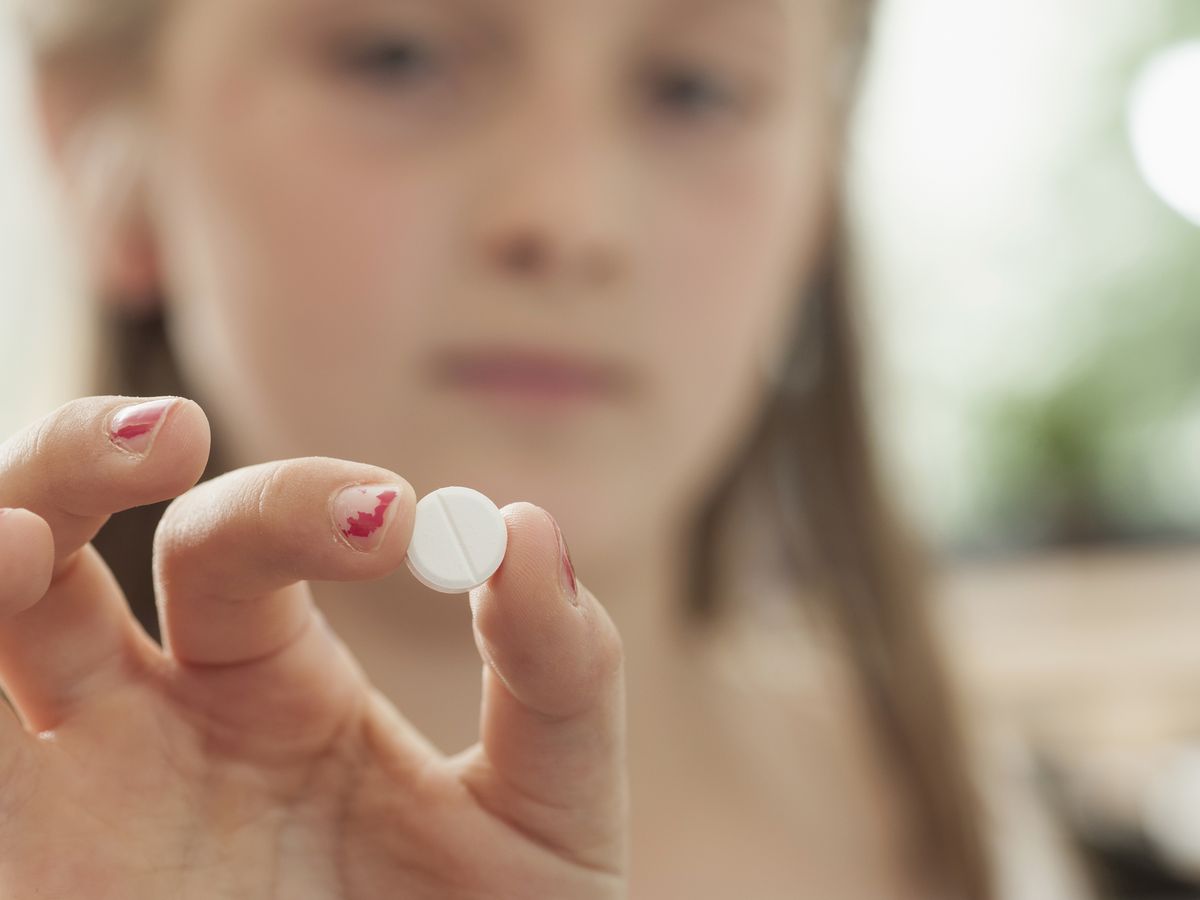
Symptoms I Need Ritalin Rehab
As a medication commonly prescribed for attention deficit hyperactivity disorder (ADHD), Ritalin can be beneficial when used as directed. On the other hand, its misuse and abuse can lead to addiction. Ritalin addiction can have severe consequences on an individual’s physical and mental well-being, as well as their relationships and overall quality of life. Recognizing the effects of Ritalin addiction underscores the importance of seeking professional help through Ritalin rehab programs.
Physical and Psychological Effects
- Cardiovascular Issues: Ritalin misuse can have detrimental effects on the cardiovascular system. It can cause elevated heart rate, high blood pressure, irregular heartbeat, and even lead to cardiovascular emergencies such as heart attacks or strokes.
- Psychological Disturbances: Ritalin abuse can lead to psychological disturbances, including paranoia, hallucinations, aggression, and mood swings. Long-term abuse may also contribute to the development of mental health disorders such as anxiety and depression.
- Impaired Cognitive Functioning: Despite Ritalin being used to improve focus and attention, misuse can impair cognitive function over time. Chronic abuse may result in memory, concentration, decision-making, and overall cognitive performance difficulties.
- Escalating Tolerance and Increased Dosage: One of the first signs of Ritalin addiction is developing tolerance, requiring larger doses to achieve the desired effects. If you find yourself continuously increasing the dosage without medical guidance, it may be an indication that addiction has taken hold.
- Uncontrolled Cravings and Compulsive Use: Feeling a strong urge or craving to take Ritalin regularly, even when it is unnecessary or against medical advice, is a significant red flag. Compulsive use and an inability to control or stop taking Ritalin are signs that addiction has formed.
- Neglected Responsibilities and Priorities: Addiction can disrupt your life and cause neglect of important responsibilities and priorities. If you find that your work, education, relationships, or personal well-being are suffering due to Ritalin misuse, it’s a clear indication that professional help is needed.
- Withdrawal Symptoms and Physical Dependence: Experiencing withdrawal symptoms when attempting to quit or cut back on Ritalin is a strong sign of physical dependence. Symptoms may include fatigue, depression, anxiety, irritability, and intense drug cravings. If you rely on Ritalin to function normally or avoid withdrawal symptoms, seeking rehab becomes essential.
- Psychological and Emotional Changes: Ritalin addiction can lead to various psychological and emotional changes. These may include heightened irritability, agitation, mood swings, anxiety, paranoia, or even hallucinations. If you or those around you notice significant shifts in your mental well-being, it may indicate that Ritalin rehab is necessary.
- Social Isolation and Relationship Strain: Addiction often isolates individuals from their social circles and strains relationships. If you find yourself withdrawing from friends, family, or activities you once enjoyed, and if your relationships are suffering due to your Ritalin use, seeking professional help can assist in rebuilding connections and repairing the damage caused.
- Financial and Legal Consequences: Ritalin addiction can have severe financial repercussions, as individuals may prioritize obtaining the drug over meeting their financial obligations. Moreover, engaging in illicit activities, such as theft or prescription forgery, to sustain the addiction can result in legal troubles. If you are facing financial or legal consequences due to Ritalin misuse, rehab is crucial to breaking free from the cycle of addiction.
Ritalin Withdrawal Symptoms
When Ritalin is misused or abused, it can lead to dependence and subsequent withdrawal symptoms. Thus, recognizing and understanding the withdrawal effects of Ritalin is crucial in highlighting the need for professional intervention through Ritalin rehab programs. The withdrawal process can be challenging, and professional help is essential to ensure safety, comfort, and long-term success in recovery.
Fatigue and Lethargy
One of the most common withdrawal symptoms of Ritalin is fatigue. As the body adjusts to the absence of Ritalin, individuals may experience a significant drop in energy levels and find it difficult to engage in daily activities. This persistent fatigue can be overwhelming and interfere with daily functioning.
Depressive Symptoms
Withdrawal from Ritalin often triggers depressive symptoms, including persistent sadness, lack of motivation, feelings of worthlessness, and changes in appetite or sleep patterns. Depleting dopamine levels may intensify these symptoms, which play a role in mood regulation.
Anxiety and Irritability
Many individuals undergoing Ritalin withdrawal experience heightened anxiety and irritability. They may feel restless, on edge, and have difficulty managing stress. These symptoms can make it challenging to engage in social interactions and maintain healthy relationships.
Cognitive Impairment
Ritalin withdrawal can cause cognitive impairments, such as difficulties with concentration, memory, and overall cognitive functioning. These impairments can be frustrating and impact performance at work or school, leading to decreased productivity and academic or professional setbacks.
Intense Drug Cravings
During Ritalin withdrawal, individuals often experience intense drug cravings. These cravings can be overwhelming and challenging to resist, contributing to the high risk of relapse. Seeking professional help through Ritalin rehab provides the necessary support and strategies to manage these cravings effectively.
Sleep Disturbances
Ritalin withdrawal can disrupt sleep patterns, leading to insomnia or changes in sleep duration and quality. Insomnia can further exacerbate other withdrawal symptoms, such as fatigue and irritability, making the recovery process more challenging.
How Can Ritalin Rehab Help?

Medically Supervised Detoxification: Ritalin rehab programs offer medically supervised detoxification, ensuring a safe and supportive environment for individuals to go through the withdrawal process. Under the care of medical professionals, individuals receive appropriate medications, if necessary, to manage withdrawal symptoms and minimize discomfort.
Emotional Support and Therapy: Ritalin rehab programs offer access to therapists and counselors specializing in addiction recovery. These professionals provide emotional support, guidance, and therapy to address underlying issues that may have contributed to Ritalin misuse. Therapy sessions can help individuals navigate the emotional challenges of withdrawal and develop skills for long-term sobriety.
Comprehensive Treatment: Ritalin addiction is a complex issue that requires a comprehensive approach to address physical, psychological, and social aspects. Ritalin rehab programs offer structured treatment plans that include detoxification, therapy, counseling, and support groups. These programs are designed to address the unique challenges of Ritalin addiction and provide individuals with the tools they need to recover.
Professional Guidance: Ritalin rehab facilities have experienced healthcare professionals and addiction specialists who can provide guidance and support throughout recovery. They can help individuals navigate the complexities of addiction, address underlying issues, and develop effective coping mechanisms to prevent relapse.
Individualized Care: Ritalin rehab programs recognize that each person’s addiction journey is unique. They offer personalized treatment plans tailored to the specific needs of each individual, considering factors such as the severity of addiction, co-occurring disorders, and personal circumstances. This individualized approach increases the likelihood of successful recovery.
Relapse Prevention: Ritalin rehab programs equip individuals with relapse prevention strategies and skills necessary for long-term recovery. Through therapy, counseling, and support groups, individuals learn healthy coping mechanisms, stress management techniques, and ways to identify and avoid triggers that may lead to relapse. Ongoing support and aftercare programs are often provided to ensure sustained recovery.
Rebuilding Relationships: Ritalin addiction can strain relationships with family, friends, and partners. Ritalin rehab offers couples and family therapy, allowing loved ones to heal together and rebuild trust. By addressing the underlying issues that may have contributed to addiction, individuals can work towards healthier and more fulfilling relationships.
Recognizing the effects of Ritalin addiction highlights the urgent need for Ritalin rehab programs. These specialized treatment programs provide a supportive and structured environment for individuals struggling with Ritalin addiction to recover and rebuild their lives. Seeking professional help through rehab ensures access to comprehensive treatment and personalized care.
If you or someone you know exhibits several of these indicators, it is crucial to reach out to healthcare professionals, addiction specialists, or rehab centers that can provide the necessary guidance, care, and interventions needed for recovery and a healthier, drug-free life. Remember, help is available, and seeking it is a brave and transformative decision.
